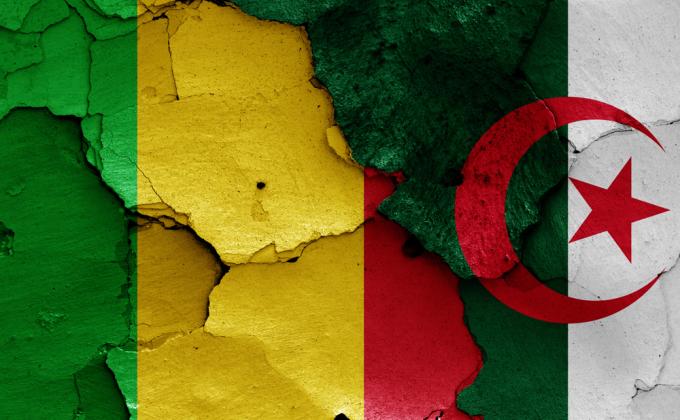
Mali escalated its diplomatic efforts by taking its sovereignty dispute with Algeria to the International Court of Justice (ICJ).
The move follows the deliberate destruction of a Malian drone over the Kidal region in the night between 31 March and 1 April 2025, an incident Bamako says cannot be dismissed as a routine military occurrence.
“This act reflects an arrogant and hostile stance, contradicting principles of good neighborliness and African commitments to non-aggression,” a Malian official stated, describing the event as a direct affront to the nation’s territorial integrity.
The destruction of the drone occurred while Malian Armed Forces were actively combating armed terrorist groups within the country, and Mali claims the attack effectively shielded these groups from neutralization.
Repeated diplomatic appeals to Algeria for evidence of alleged airspace violations have gone unanswered, according to Malian sources.
“The silence from Algiers constitutes an additional provocation. Bringing the case before the ICJ is both legitimate and necessary,” the statement added, highlighting Bamako’s decision to seek legal recourse rather than resort to retaliation.
Beyond the bilateral dispute, Mali frames the case as a broader challenge to regional security in the Sahel. Officials question how collective peace can be achieved if neighboring states undermine efforts to combat terrorism while maintaining a façade of solidarity.
“The ICJ petition is a cry for truth and dignity. Sovereignty is non-negotiable, and no regional power can impose its will by force,” the statement emphasized.
Mali’s approach underscores a commitment to international law, presenting the dispute as a matter not just for the two countries involved, but for Africa and the global community.
Observers note that the outcome of this case could set a precedent on how violations of territorial integrity are addressed and may influence security cooperation across the continent.
Through this judicial challenge, Mali aims to assert that respecting sovereignty is essential for stability and peace, sending a clear message that territorial violations cannot go unpunished. The case is now officially under consideration at The Hague, drawing attention from governments and analysts monitoring regional tensions in West Africa.



